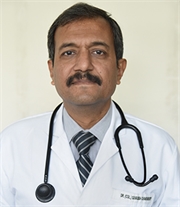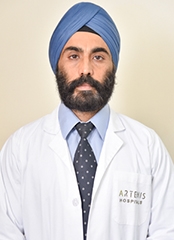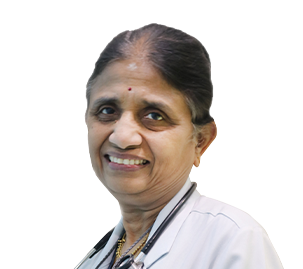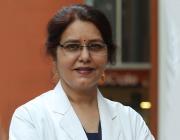About the Doctor
Dr. Chakraberty is a trained Anaesthesiologist and Interventionist with over 25 years of experience. He is recognized Professor of Anaesthesiology by Medical Council of India.
Specialization
- Emergency & Trauma Services
Awards
Frequently Asked Questions about Emergency Medicine
What is Difference between urgent care, primary care, and emergency care?
People get confused about where to go when an emergency occurs. You can go to a hospital near your home that suits your condition’s severity to save time and money.
- Primary care: Contact your family doctor for routine medical or preventative treatment, including the following: colds, sinus infections, stomach problems, rashes and allergies, and chronic conditions such as cholesterol or high blood pressure.
- Urgent Care: Visit the urgent care for less severe conditions after normal business hours or when your doctor’s clinic is closed. Our emergency room usually treats conditions such as coughs and colds, strains and sprains, minor injuries and burns, general infections (such as ears, throat, or urinary tract), and small fractures (such as fingers or toes).
- Emergency care: Seek emergency treatment for life-threatening situations that require immediate medical attention, including the following: head injuries, chest pain, stroke symptoms, difficulty breathing, uncontrolled bleeding, sudden or severe pain, and significant burn or broken bone.
When should I go to the Emergency Department?
A list of warning signs that indicate emergency medical care. They include:
- Difficulty in breathing or shortness of breath
- Chest or upper abdominal pain or pressure
- Fainting, sudden dizziness, weakness
- Changes in vision
- Confusion or changes in mental status
- Any sudden or severe pain
- Uncontrolled bleeding
- Severe or persistent vomiting or diarrhoea
- Coughing or vomiting blood
- Suicidal feelings
- Difficulty speaking














